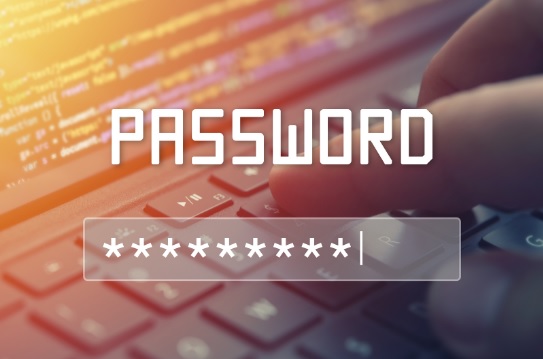
This eliminates the need to remember (or write down) your usernames and passwords. Which is a good thing, because most people struggle to create and remember complex passwords.
When major breaches happen, one of the first things security experts do is analyze the breached data. Guess what they find, over and over again?
Too many people use repetitive or incredibly common passwords. And common passwords (think: 123456, or QWERTY, or AdobePassword1) only take a bot a few seconds to crack.
But are password managers safe?
Now you’re thinking like an IT expert! That’s an important question. It might seem too good to be true that a service would save you daily login hassle and keep your most sensitive countersigns mum — sometimes even for free.
And they’re not without problems. Friendly hackers have identified certain areas of vulnerability when password managers are used on certain OSs. And what could cause your heart to sink faster than learning that all of your passwords had been uncovered (assuming you use more than one password, because you really, really should)?
What’s in it for the password manager service
Before handing over login info to a physical person, you’d need to really trust them. So are password managers safe places to entrust bank account info, or your kid’s SSN for instance? In a sense, no one really trusts them with their passwords. Reputable password managers encrypt the data you share so the service itself doesn’t actually see or know your passwords.
But what’s their motive? It’s true that the majority of popular password manager services have very basic free options, but they also count on customers upgrading to the paid service versions to turn a profit. It’s a standard business plan, and nothing too nefarious.
Not all password manager services are equal
You may have heard that there were security flaws uncovered recently in five major password manager services. Though that sounds terrifying, password managers are still one of the best ways to mitigate your security risks.
With that being said, some services are certainly more secure than others. Built-in, browser-based password managers aren’t typically encrypted, so you’ll want to steer clear of them — unless, of course, you have an encrypted hard drive.
Take some time to read articles about the password managers you’re considering, and find the option you feel most comfortable with. For example, some users aren’t at ease with their password data being stored in the cloud (LastPass is probably the most well-known cloud-based password manager), so they might opt for a locally installed option.
If you thought password managers were convenient …
So, are password managers safe? The verdict is in: The best-known password managers are worth the small risks that come with them, and they ultimately provide the highest level of password generation and protection available for average users. Do yourself a favor and find a reputable password manager service that fits your comfort level, and ditch the ol’ 123456.
Varay is always on the lookout for ways to simplify your day with secure, user-friendly tools. We’re excited to introduce you to a brand-new path to growth, suited for SMBs and large corporations alike: Managed artificial intelligence.
{{cta(‘218519f9-272b-40e0-b612-6bdf758106a4′,’justifycenter’)}}


